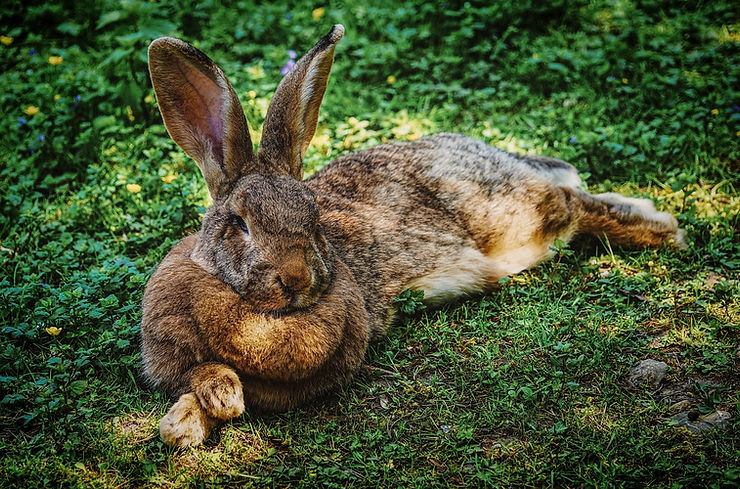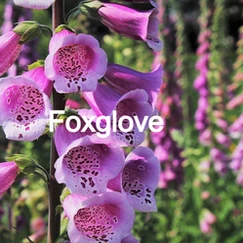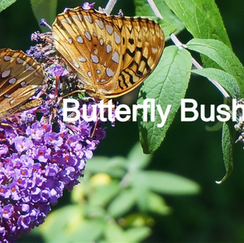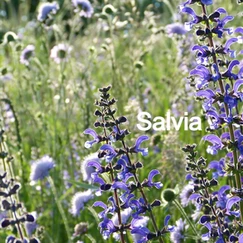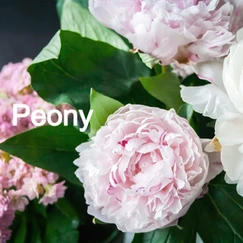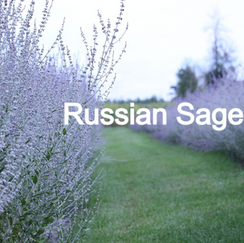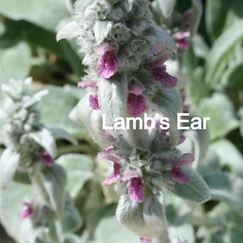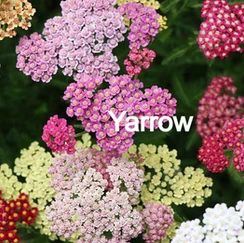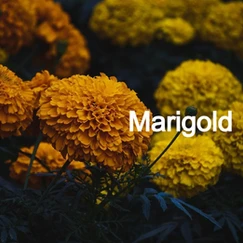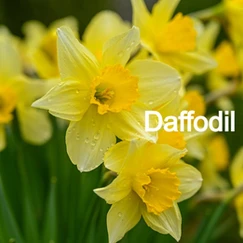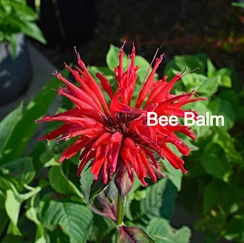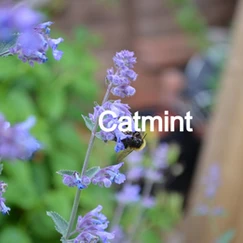You’ve done it! You’ve finally created the garden of your dreams. All the flowers are in bloom, thriving beautifully and in all their glory. You’re headed to your garden with your morning cup of Joe and alas…….you spot nibbles on leaves and blossoms in your beautiful oasis! Rabbits, those furry, cuddly, critters have struck again! But don’t fret. I have researched ways to deter them from entering and feeding off your awesome garden to which you have given your blood, sweat, and tears. Read on to learn some new tips on how to keep those darn rabbits at bay and prevent them from eating the fruits of all your hard work to their heart’s content.
“Some of the links within this post are affiliate links on which I receive a small compensation from the sale of certain items with no extra cost to you.”
“As an Amazon Associate I earn from qualifying purchases.”
A Little Information About Rabbits
Natural Instincts
Like all creatures rabbits have natural instincts which help keep them safe from predators and accidentally eating poisonous plants. They rely on all five of their senses for protection.
Their hearing is very acute and alarms them when predators are close by. Their keen vision also protects them from danger.
But understanding how rabbits use their sense of touch, smell, and taste helps us gardeners create an undesirable environment for these fun, yet impish critters.
Rabbits have aversions to different tastes and smells. For instance, they do not like a sulfur smell, so natural repellents laced with eggs are a good deterrent. They also do not like bitter flavors, so plants like lavender, which has a bitter taste, will discourage rabbits from eating these type of plants.
Rabbits are also fussy about different textures. The softness of lamb’s ear or the feathery foliage of yarrow is a turn off to bunnies.
Habitats
Rabbits live in a wide range of environments from the woods, to grasslands, deserts, wetlands and meadows. They feel safe in low brush that surrounds their burrows.
A burrow is a hole rabbits build that can extend as much as three yards underground. Since most live in colonies (a group of rabbits) their burrows are connected by a range of tunnels. These links are called warrens. They do not wander far from home so they can scurry back to their burrows should they need to escape from predators.
First Defense Against Rabbits
An easy way to deter rabbits from your lovely garden is by raking away any brush or piles of leaves that have gathered in your yard. Then fill in any holes that might make a perfect burrow for these fun yet annoying animals.
Disclaimer: Rabbits, like other hungry critters are ingenious. If they are hungry enough they will find a way to skirt around the following ideas in order to feed themselves and their offspring. However, I hope you keep trying some of these suggestions until one works for you. You may have to rotate these processes to keep the varmints at bay.
The Big 3 – Plantings, Fencing, Repellents
1. Plantings – Decoys
You control what plants grow in your garden. Instead of beginning with gorgeous flowers, start by planting a decoy so the rabbits gravitate to this garden first. Plant things rabbits love to eat like clovers, daisies, kale, spinach, beans, broccoli and lettuce. Yes, they will be the best fed critters in town but they may not bother your beautiful flower garden.Y
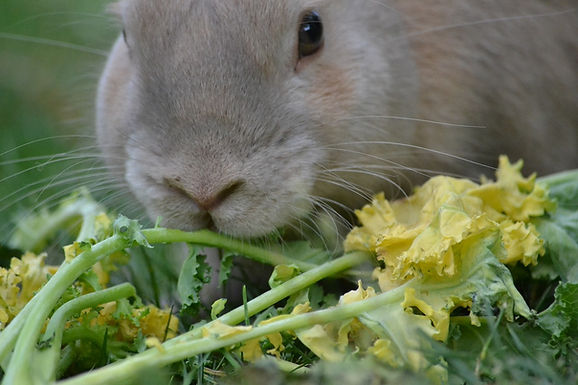
Rabbit eating celery stalks
Plantings-Those That Provide Negative Consequences
Now that you have a decoy set up, consider planting flowers rabbits dislike. The following is a list of plants that rabbits avoid due to unpleasant aromas, bitter tastes, or unusual textures.
- Peonies – have a bitter taste
- Lamb’s Ear – too soft and fuzzy
- Catmint – strong scent
- Butterfly Bush – pungent aroma
- Russian Sage – aromatic leaves
- Bee Balm – minty scent
- Foxglove – contains toxins that are harmful to rabbits and which they tend to avoid
- Salvia – very aromatic
- Yarrow – strong scent and feathery foliage
- Lavender – strong fragrance and bitter taste
- Snap Dragons – bitter, yucky taste
- Zinnias – a strong odor
- Morning Glory – contains toxins that are deadly to rabbits
- Daffodils – contains alkaloids that are toxic to rabbits
- Marigolds – strong fragrance
2. Fencing
The most effective way to keep rabbits out of your garden is to erect chicken wire fencing with 1 inch openings. The fence should be between 2 and 4 feet high depending on the type of rabbit you have and dug 6 inches into the ground. On average rabbits jump 2 feet high, but some have been seen to jump up to 4 feet. Bend the top few inches of the fence away from the garden to make it more difficult for the rabbit to leap over it.
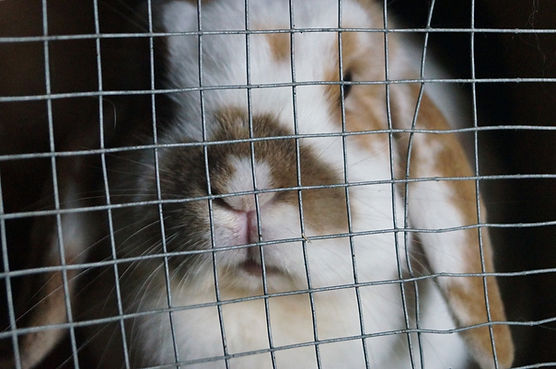
3. Repellents
There are many DIY remedies out there to deter rabbits from nibbling on your flowers. Repellents need to be reapplied after a heavy rain or every 2 weeks. But beware! If you spray some of these repellents on vegetables that you do not peel, your vegetables may take on the flavor of the spray. Also, spray when the plant is dry. This will help the oils in the repellent to adhere to the plant. Below are a few home remedies that have worked.
Try them for yourself and see if any work for you.
DIY Remedies
Rabbits do not like the smell of eggs. Here are a few concoctions you can try to deter the rabbits. By the sound of them, they may also deter you from exploring your garden! Although the odors will dissipate after a few days.
1. Egg Concoction:
Ingredients:
2 eggs
1 tsp. hot pepper flakes
1 to 2 garlic cloves
couple of drops of dish soap
Directions:
Blend eggs, pepper flakes and garlic in blender for 30 seconds. Add the mixture to a garden sprayer and fill the rest of the container with water. Add a few drops of soap to the sprayer and shake well.
Spray around the perimeter of the garden and/or on the leaves of the plants. The protein and calcium in the eggs will help the plant grow. The nitrogen helps break down and add nutrients to the soil.
2. Another Egg Concoction:
Ingredients:
1 gallon water
1 cup milk
1 egg
1 tbsp garlic powder
1 tbsp cayenne pepper
Directions:
In a large bucket combine the milk, water, and egg and mix it well. Add the garlic powder and cayenne pepper to the concoction and mix well.
Pour the solution into old coffee cans and strategically place them around the garden or spray it directly on the flowers.
3. Two Ingredient Concoction:
Sprinkle cayenne pepper and peppermint oil on plants. Or just sprinkle plants with cinnamon.
Dilute the oil with water.
5. Garlic Cloves Concoction:
Ingredients
5 crushed garlic cloves
1 gallon water
1 tsp. crushed red pepper flakes
1 tbsp dish soap (preferably Dawn, it’s biodegradable)
Directions:
Mix ingredients and put in a sprayer. Spray on vulnerable plants.
6. Citrus Fruit Spray:
Ingredients:
lemon juice
orange juice
water
Directions:
Combine equal parts of the juices and water and spray on plants. It also keeps away slugs, aphids, ants, and whiteflies.
7. Hot Sauce Spray
Ingredients:
1/2 bottle Tabasco Sauce
water
1 tbsp Dawn dish soap
Directions:
Combine all ingredients in a watering can and apply to the leaves of the plants. Repeat after a heavy rain.
8. Cayenne Pepper Spray
Ingredients:
cayenne pepper
water
Directions:
Bring 4 cups water and 1 tbsp cayenne pepper to a boil in a pot. Let it cool, add it to a squirt bottle and spray on plants.
9. Created by Washington Department of Fish and Wildlife (this is a good one!)
Ingredients:
2 beaten and strained eggs (straining removes white strings around the yoke to prevent clogging of the sprayer)
1 cup milk, yogurt or sour milk
2 tsp Tabasco sauce or cayenne pepper
20 drops essential oil cloves, cinnamon or eucalyptus
1 tsp cooking or dormant oil
1 tsp liquid dish soap (Dawn)
Directions:
Mix all ingredients in a one gallon tank sprayer.
Top the tank off with water, shake the tank and pump it up.
Mist onto DRY foliage shaking the sprayer occasionally.
Will last 2 to 4 weeks in dry conditions.
This repellent has mostly positive reviews. However, some say the rabbits still nibble on their plants when this granular repellent is applied to the ground. This particular product is used on plants 2 feet high or lower. If you require a repellent on larger plants, use the spray variation.
It’s main ingredient is dried blood of animals that are rabbit and deer predators. It seems to work well on voles and chipmunks.
Bobbex Concentrated Animal Repellent from Amazon
This also has mostly positive reviews. It does not need to be reapplied and contains natural ingredients such as egg solids, castor oil, cloves and garlic cloves. The smell persists for 24 hours then dissipates.
VIVOSUN 1 Gallon Pump Pressure Sprayer from Amazon
Alternatives to How to Keep Them at Bay – Those Darn Rabbits
1. Irish Spring Soap
Shave/grate the soap and sprinkle it around the garden as if you were tossing chicken feed. If you also have a problem with deer, hang a bar from trees by drilling a hole through the bar and hang it from a limb with twine. It is safe for the environment and animals.
2. Sprinkle Onion or Garlic Powder around plants.
3. Scatter human hair cuttings around plants.
Gather them from your local hair cuttery.
4. Scatter rubber snakes bought from a dollar store around the garden.
5. Hang wind chimes or empty tin cans to deter rabbits.
6. Spread dried blood meal powder to the base of plants.
This not only deters rabbits but adds needed nitrogen to the soil to help plants grow more healthy.
Burpee Organic Blood Meal from Amazon
7. Sprinkle baby powder on plants. They don’t like the smell.
8. Place mason jars filled with water.
The sun creates a reflection in the water which scares away the rabbits.
Reflective Double Sided Reflectors from Amazon
9. Buy a plastic owl and place it in your garden.
10. Strategically place plastic forks around your garden with the tines up. Sounds crazy to me, but try it!
For more information on keeping critters out of the garden, click here.
Those Darn Rabbits!!
I too have a love/hate relationship with rabbits. They are so darn cute but at the same time such pests! I hope after reading these ideas and suggestions you will find at least one thing that helps keep those rabbits out of your beautiful garden.
By creating decoys with specific plants, eliminating housing opportunities, erecting fences, and/or using safe repellents you just may be able to enjoy the garden of your dreams without the hassle of critters chowing down on your precious flowers!
Please let me know if any of these suggestions worked by leaving a comment below. If you enjoyed this post, please share it with friends and family.
Happy Gardening,
Nina
bestgardeningforbeginners@gmail.com

